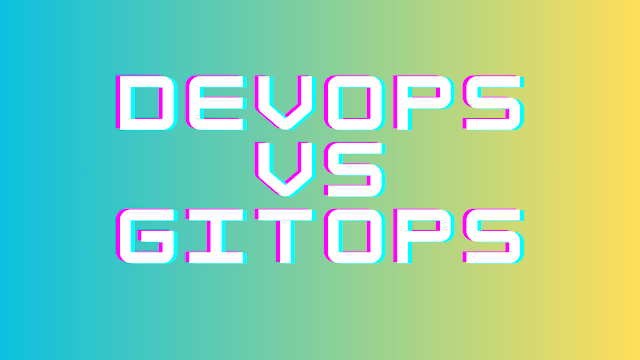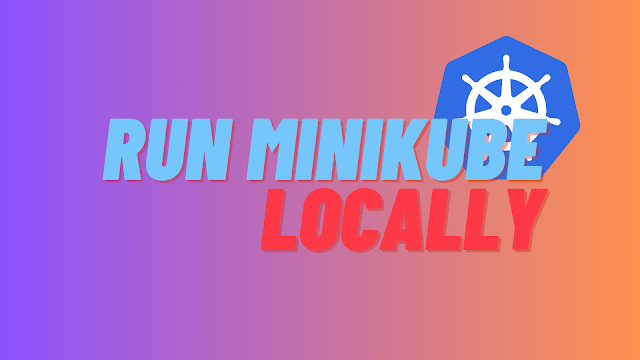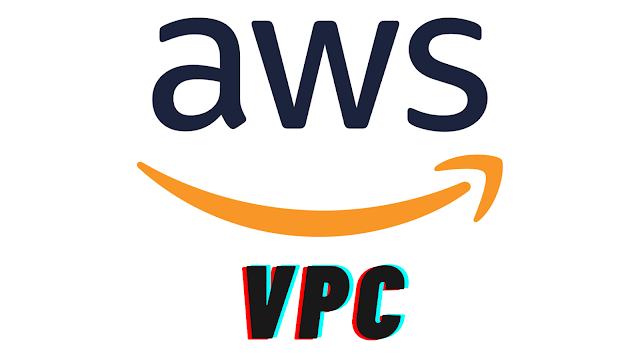The Future of Software Development: GitOps vs. DevOps
DevOps and GitOps are two popular models for software development that have gained traction in recent years. While both models share some similarities, they differ in several key ways.
What is DevOps?
DevOps is a software development model that emphasizes collaboration between development and operations teams. The goal of DevOps is to make the software development process faster and more efficient by improving communication between teams and automating certain tasks.
What is GitOps?
GitOps is a newer model that builds on the principles of DevOps. GitOps uses Git as the single source of truth for infrastructure and application code deployments. This means that all changes to the system are tracked in Git, making it easier to manage and deploy changes. GitOps also emphasizes automation and observability.
How is GitOps Different from DevOps?
The main difference between GitOps and DevOps is that GitOps uses Git as the single source of truth for infrastructure and application code deployments, while DevOps focuses on connecting development and operational teams using a tool of the organization’s choosing. GitOps also emphasizes observability, which means that it provides a way to monitor the system and detect issues in real-time. This is achieved by using tools like Prometheus and Grafana to monitor the system and alert teams when issues arise.
Another key difference between GitOps and DevOps is that GitOps is more declarative than DevOps. In GitOps, the desired state of the system is defined in code, and the system is automatically updated to match that state. This means that GitOps is more predictable and easier to manage than DevOps, which relies on manual updates to the system.
In conclusion, GitOps is a newer model that builds on the principles of DevOps. GitOps uses Git as the single source of truth for infrastructure and application code deployments, and it emphasizes automation and observability. GitOps is more declarative than DevOps, which makes it more predictable and easier to manage.




Comments
Post a Comment